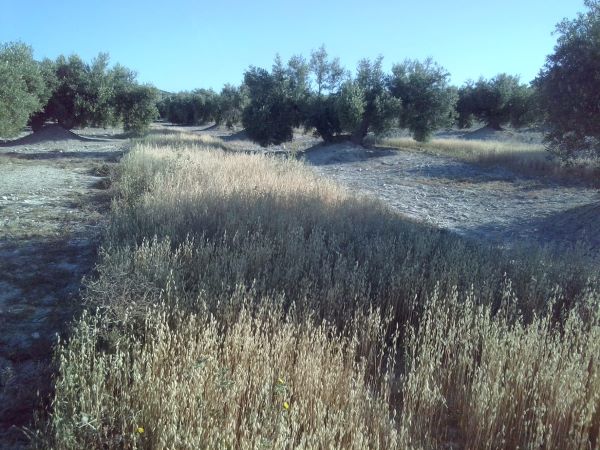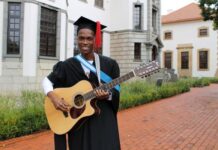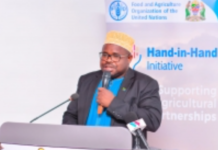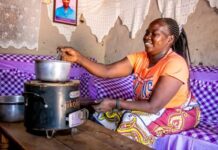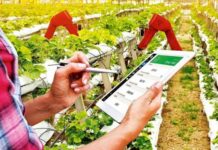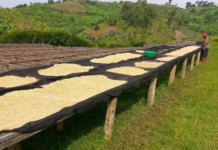The Diverfarming project is holding its annual meeting in the year that the ‘Diverfarming Communities of Practitioners’ started
After the meeting held in Joikionen (Finland) in 2019, the team of the European Diverfarming project, made up of research, technical and agricultural company personnel are meeting to take stock of this third year of the project that seeks the change in paradigm in European agriculture, towards a more environmentally and economically sustainable system based on crop diversification and low input management practices.
Due to the situation arising from the COVID-19 pandemic, the project team has been forced to move this meeting, initially scheduled to take place in Rome, to a virtual scenario. From this morning through to Friday 12th, these three days will be dedicated to presenting and analysing the project’s results both at scientific level as well as at social introduction level.
In this third year of the project the ‘Diverfarming Communities of Practitioners’ have been established, a set of farmers dedicated to putting into practice the crop diversification and sustainable management techniques developed by the project’s research team. This community, currently consisting of 17 participants from Italy, Spain, Denmark and Finland, count on the technical assistance of the project’s scientific team.
On the first day, those in charge of the coordination of each work package will present the annual results in terms of communication, biodiversity, analysis of the value chain, policies, economic or production assessment, or crop quality. All of them are directed at maximising the benefits in each area through the introduction of crop diversification.
Friday 12th will be the turn for the specific results of each case study; there are 17 experimental lands spread throughout Spain, Italy, the Netherlands, Hungary, Finland, and Germany in which the different diversifications planned for each area are trialled.
Uniting forces: joint sessions of Diverfarming and Diverimpacts
On Thursday 11th, there will be a joint session between the Diverfarming project and its sister project of Diverimpacts. Both are financed by the same European Commission H2020 call and whose objective is to achieve all the potential of crop diversification to improve productivity, providing eco-systemic services and value chains that are sustainable and efficient in resources. In this session, both projects will share results on communication and how to perform the search for commitment by farmers and practice on the land of both projects.
Lastly, in the afternoon of Friday 12th, research staff from both projects will share their impressions and strategies regarding crop diversification and also the strategies carried out to achieve a sustainable and profitable agriculture for the farmer, through different thematic roundtable sessions.
This annual meeting will also set out the lines to follow for the period 2020 – 2021; it is expected that the sustainable farming practices will become more widely implanted in Europe.
Diverfarming is a project financed by the Horizon 2020 Programme of the European Commission, within the challenge of “Food Security, Sustainable Agriculture and Forestry, Marine, Maritime and Inland Water Research and the Bioeconomy”, which is coordinated by the University of Cartagena (Spain) and which counts on the participation of the Universities of Córdoba (Spain), Tuscia (Italy), Exeter and Portsmouth (United Kingdom), Wageningen (Netherlands), Trier (Germany), Pecs (Hungary) and ETH Zurich (Switzerland), the research centres Consiglio per la ricerca in agricoltura e l’analisi dell’economia agraria (Italy), the Consejo Superior de Investigaciones Científicas (Spain) and the Natural Resources Institute LUKE (Finland), the agrarian organisation ASAJA, and the companies Casalasco and Barilla (Italy), Arento, LogísticaDFM and Industrias David (Spain), Nieuw Bromo Van Tilburg and Ekoboerdeij de Lingehof (Netherlands), Weingut Dr. Frey (Germany), Nedel-Market KFT and Gere (Hungary) and Paavolan Kotijuustola and Polven Juustola (Finland).



